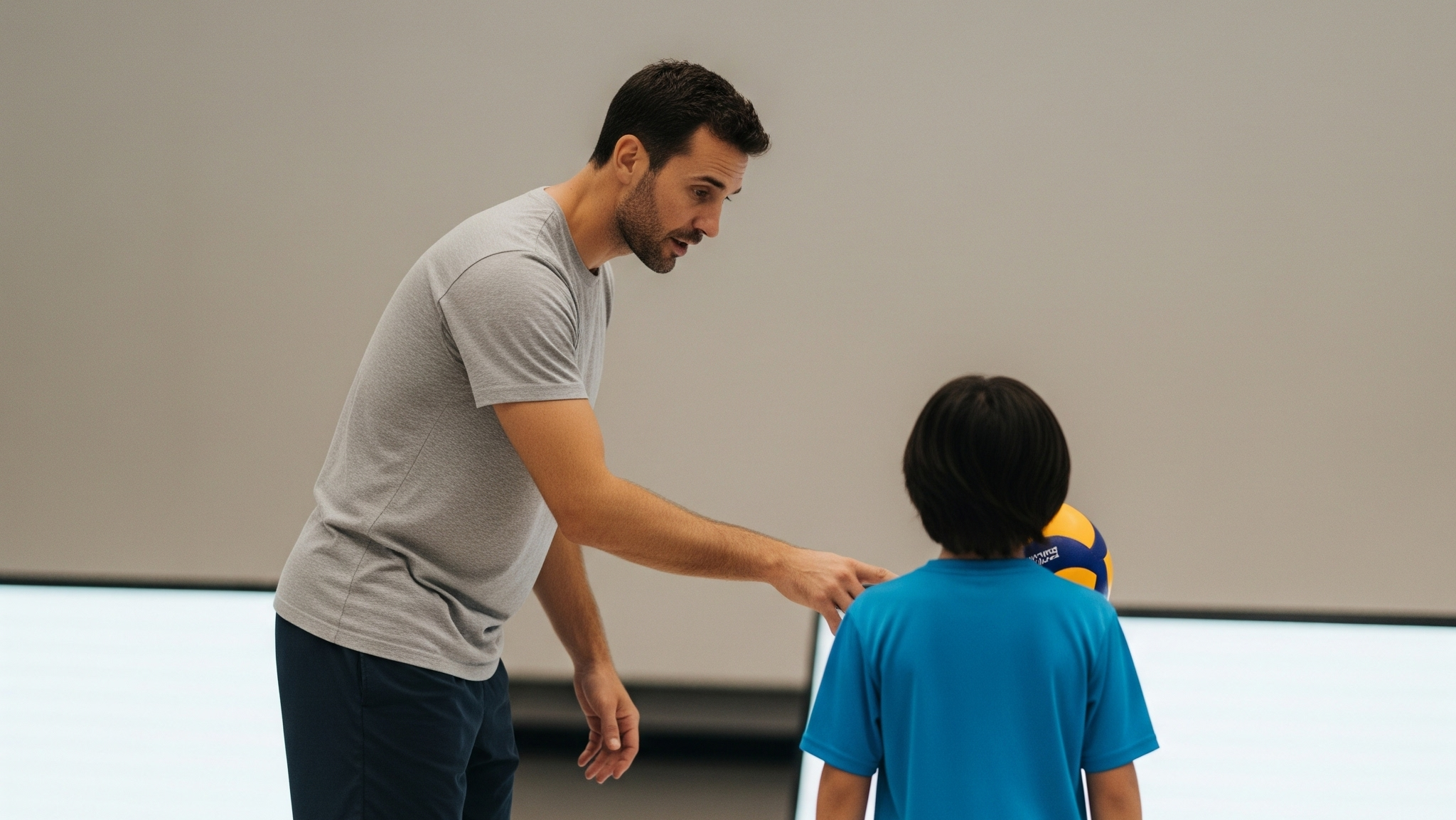My Journey with Minimalism: From Lifestyle to Coaching Philosophy
About nine years ago, I encountered the concept of minimalism. In my interpretation, minimalism is the idea of minimizing non-essential things and actions to focus on what truly matters.
I strongly feel that this philosophy has been at the core of my life ever since, and it has clearly had a positive impact.
Initially, my focus was on reducing physical possessions. However, as this became a habit, I naturally started minimizing not only material things but also tasks I felt I “had to do” and thoughts I felt I “had to think.” Gradually, I began to feel that my most important values were becoming clearer. This is how the idea of minimalism permeated my daily life, eventually extending into my coaching.
Coaching: Structured Improvisation
I really like the expression, “Coaching is structured improvisation.” I feel it accurately captures the essence of coaching activities in a few words.
This is a rather abstract concept, so I’d like to elaborate on my interpretation.
Before engaging in coaching, a coach is expected to constantly update their structured, systematic knowledge related to all aspects of coaching. Then, drawing upon this vast knowledge and past experiences, they respond to situations as they arise in each moment of a coaching session, improvising like a jazz musician to behave in the most optimal way.
My interpretation could be considered the “ideal” form of coaching, and it’s certainly easier said than done. However, I believe that to achieve this ideal, coaches must continuously learn and remain active in the field. There’s no alternative but to make constant efforts to increase knowledge and accumulate experience. This refers to the “structured” part of “coaching is structured,” representing the process of structuring and systematizing one’s own coaching knowledge and experience.
So, what does the “improvisation” part refer to?
Specifically, “improvisation” in coaching activities means making adjustments to the training design or changing the training plan based on observations of what’s happening in front of you. Furthermore, it involves deciding when, to which player, and with what words to intervene. Should it be an instruction or a question? An open question or a closed question? From these countless options, coaches make decisions and act continuously based on their rapid observations of changing phenomena. This is what I consider improvisation.
Applying Minimalism to Coaching
So, what is needed to achieve this high level of improvisation?
This is where minimalism becomes a key concept. What’s needed is the ability to identify, “What truly matters in this very moment?“
In a real coaching scenario, many things might seem important in the moment, but the actions that can actually be taken are quite limited. Also, consider it from a player’s perspective. Imagine constantly receiving a barrage of instructions and questions from a coach. It’s likely that the player would be overwhelmed by too much information, confused about what’s important, and their performance would suffer.
From this, it’s clear that coaches need the resolve and courage to carefully choose the most important and valuable option from multiple choices.
This is why the clear-cut approach of discarding everything that isn’t deemed necessary in that moment—in other words, the mindset of minimalism—becomes so vital.
Minimalism gives coaches the habit of constantly considering what is truly important for the team and the players, helping us solve the unpredictable challenges and problems we face daily in coaching.

